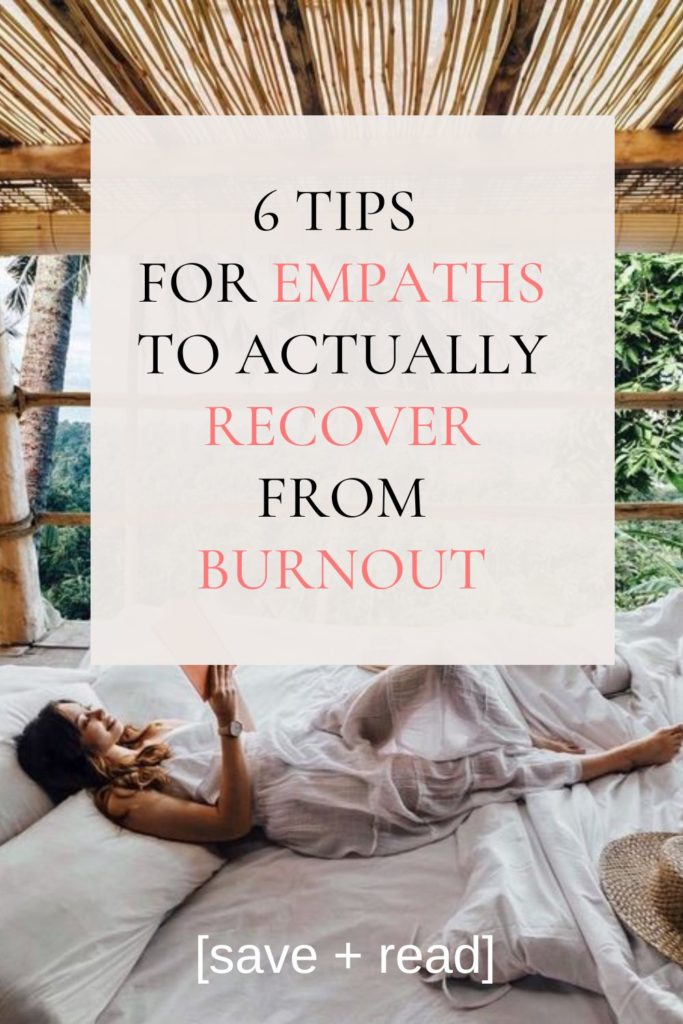Burnout can creep up unnoticed. You get used to stress gradually, you thought that you were coping alright, then the next minute you are losing the plot, burnout slipped in long before you realised it, such a sly beast…
The opposite of burnout is simple: relaxation. We all know it in our mind. But the journey for our being to get there can be very hard.
The problem is though, many of us who are increasingly suffering from burnout or exhaustion don’t even have the time or bandwidth to check in with ourselves: have I already got burnout symptoms such as numbness or a cynical outlook?
We struggle to take a proper break, or our body has forgotten what true relaxation feels like…
This has certainly happened to me.
In hindsight, I watched myself, from an optimist, turning into a pessimist in a span of two years. I was amazed by how irritable I’ve become at times, compared to my normal self.
I was waiting: if China re-opened its border again, I’d feel better. If xyz …..Until I realised that I no longer can give my inner peace to politicians. Something needs to change. And below are 6 strategies which helped me recover, which hopefully can assist you with your healing journey too.
1. REMEMBER THE MAGICAL MOMENTS
When was the last time you did something simply for the sake of it? Not to learn anything, not to aim to get better, fitter, faster, not under the pressure to make it “purposeful”, “presentable”, “marketable”, not to document it so that you’ll get more social media likes, not to seek approval, agreement or praise? But just following the pulse of joy?
Those uninvaded moments are precious. And we’ve been so busy that perhaps we forget how they even feel.
Revisit those peaceful and happy memories. This is not wasting time. When we are in the burnout state, we often stuck with fear or anxiety.
However, re-experiencing those peaceful emotions from the past will remind ourselves of the alternatives available to us. This will re-direct our subconscious to re-prioritise rest and healing.
We will start shifting our thoughts and reassuring ourselves that we are worthy of care, love and appreciation.

2. RESET YOUR BODY
Usually when we are exhausted, we are not paying enough attention to our sleeping pattern, quality of meals or schedule.
According to Professor Robert Naviaux from the University of California, when it comes to recovering from burnout or fatigue, until your body is in a healing state, the risk is that nothing else you do is going to be truly effective.
This is especially true for empaths & HSPs.
So it’s important to do something to reset your body, such as taking a holiday, even if just a few days, invest in nutrition or improving your sleep hygiene.
When our mind is full of thoughts, worries or anxiety, our body releases adrenaline. Even when the anxiety has passed, the remaining adrenaline becomes cortisol (the stress hormone). It can take up to 36 hours to leave the body. With a very sensitive nervous system, 36 hours is too long!
The good news is that we can speed up the process by mindful movements, fresh air or meaningful conversations. They all sound basic and not ground-breaking enough, but when we prioritise them into our daily life, they really work.
3. NOTICE WHAT KEEPS YOU FROM RECOVERING
There is no single answer that will be true to everyone. However, generally speaking, burnout happens when we are driving ourselves hard, and often this mentality has already become an ingrained habit.
With so much to bear in the world, this is not just limited to people who work in the service oriented industry, many empaths have the innocent intention: “I just want to do my part to help to ease the pain in the world”. But we often underestimate what chronic stress can do to the body and psyche.
Triggers can be both external and internal. Notice habits and situations that amplify anxious feelings which lead to overdrive.
Make a list of them, and aim to replace them with activities or thoughts which calm you and relax you instead. This way, you can create conditions where you are able to consistently build more energy than your body is spending.
4. BE HONEST AND BE KIND TO YOURSELF
If your kindness does not include yourself, then it is incomplete. Notice how you talk to yourself, and switch that harsh or unforgiving inner dialogue to be more supportive and compassionate.
If you are prone to perfectionism, challenge yourself to lower your expectations. As many of us have been trained to think that “you are only as good as your last achievement”, this frame of mind leads us into a forever-pushing mode.
Embrace realistic standards, give yourself plenty of time and enough resources to go about your goals.
Admitting burnout can feel very vulnerable, however there is so much power that comes with honesty. When we have the courage to accept that we also need space and help, we’ll increase the resources and resourcefulness and start asking for more support.
5. EXPERIMENT WITH DOING LESS
It’s not unheard of that burnout could take a toll on self-esteem and even lead to depression. For example, if I’m in the forever doing and giving state, it’s difficult to feel worthy to just “be” and enjoy and receive. I’m sure that I’m not the only one.
Many empaths & HSPs have a habit of taking on too much, and once this has reached a certain point, it can feel like that you are perpetually playing catch up, floating in the air and never truly landing anywhere.
One of the best ways to ground yourself is to break down bigger tasks into smaller steps, and checking these off as you go along.
Sometimes, even just getting up in the morning, getting dressed and finding the strength to put one foot in front of the other can feel a lot. If that’s the case, try and wholeheartedly congratulate yourself for having been able to get up, get dressed and get outside.
Small is big. In order to heal from burnout, we don’t need to consume every latest and hottest wellness trend. Especially lately we are encouraged to do things with a daily commitment: learn 30 minutes of a new language everyday, exercise 30 minutes everyday, work on your business everyday, write an hour every day…. lovely individually, but adding them all up, soon you are further into exhaustion, piling up the pressure and the feeling of failure.
I remember the week when I decided to stop micro-managing my schedule to the closest minute, I reconnected with spontaneity immediately, life could breathe again.
6. CHECK IN WITH YOUR INNER CHILD
Having talking to clients from different backgrounds over the past decade, burnout seems to “coincide” with the time when our inner child is neglected.
While we need our inner adult to fulfil responsibilities, get things done, our inner child is the source of our delight, pleasure and optimism, who requires nurturing and replenishing.
Even if our mind is on an autopilot, our inner child doesn’t lie. They often “voice” themselves via our body. If your body becomes tight, contractual or jaw clenching, it could indicate that there is something deeper going on.
As many of us have spent decades learning to override and ignore our inner voice, valuing it or listening to it can feel very weird or challenging at first.
If you are an empath, you can easily identify with and experience another’s feelings, but forget about your own.
Don’t be afraid of inner work. If we gently set aside our scepticism, even briefly, we can liberate ourselves from whatever cage we’ve put ourselves in and open our mind again.
When we are stuck in the trauma mode, we stop thinking logically or approaching the problem with a creative outlook.
Here is the Inner Child Course to help you with this delicate yet powerful healing process.
I wish you soon reconnect with your vibrant self again!



1 thought on “Six Ways For Empaths To Actually Recover From Burnout”
Comments are closed.